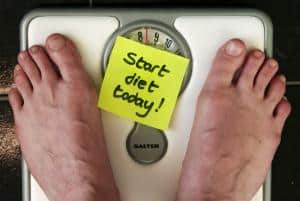Intermittent fasting for weight loss is one of the most effective methods of shedding pounds and keeping them off. Unlike continuous fasting for weight loss, an intermittent fasting diet plan is a much more suitable as a lifestyle choice. Needless to say, selecting and starting a fasting diet plan requires a little bit of research for it to be truly successful, as well as the go ahead from your doctor.
How to start intermittent fasting for weight loss?

Choosing the right type of fasting diet plan for you is highly important as you will have a hard time continuing a plan that doesn’t work well with your physiology and lifestyle.
Fasting diets are among the most effective weight loss options available. Choosing the right option is crucial to ensure that you are able to reach your goal weight within a relatively short time frame.
The two main categories of fasting include daily fasts or intermittent fasting. Depending on your health condition and your lifestyle, you have the option of choosing either a weekly intermittent fasting plan such as the 5 and 2 diet, or daily fasting whereby you may skip 1 or 2 meals each day, fasting for a period of 14-16 hours (or sometimes even up to 20 hours). It is highly recommended that you seek the counsel of a qualified dietician or your doctor before you make a commitment.
Picking the best fasting diet plan for you
Choosing the right type of fasting diet plan for you is highly important as you will have a hard time continuing a plan that doesn’t work well with your physiology and lifestyle. If you take the 5 and 2 diet, it involves the limiting of your calorie intake down to 500 a day for women / 600 for men, for 2 non-consecutive days of the week while eating normally on the other days. This diet requires considerable planning ahead and research to make sure that you will have some variety to your meals on fasting days.
When it comes to choosing the right intermittent diet plan for you, it is important to consider the pros and cons of each option and then to make a choice based on which option provides the most benefits to achieving your goal weight and for adjusting your lifestyle. For instance, weekly intermittent fasting diets such as the 5 and 2 diet will allow you to eat as close to normal as possible. While you will be reducing your food intake on 2 fasting days, you won’t have to give up your favorite foods on feeding days.
Some studies have shown that weekly intermittent fasting plans offer a range of health benefits that go beyond weight loss. And because you are counting calories, you learn a lot about the foods you eat (whether fasting or not, and your habits and relationship around food. However this type of diet has its disadvantages as well. For starters, although the recommended calorie intake for feeding days is at 2000 calories for women and 2400 for men, the possibility of overeating on non-fasting days is always present, and it is very important not to over-indulge on these days. In addition, this is not considered to be a suitable option for those with highly active lifestyles and some specific health concerns.
The benefits of daily fasting include the breaking of bad snacking habits, developing the ability to adapt to feeding times and can be less of an impact on those with various health conditions. As for the disadvantages, daily fasts are not recommended for those who remain active for large parts of the day.
As you can see, the different options of fasting for weight loss need to be carefully analyzed before making a commitment. If you are unable to decide, you can always give both of these options a try and choose what works best. However, be sure to seek the approval of your physician first.
Health concerns of fasting for weight loss

When it comes to choosing the right intermittent diet plan for you, it is important to consider the pros and cons of each option and then to make a choice based on which option provides the most benefits to achieving your goal weight and for adjusting your lifestyle.
Intermittent fasting is not an option for everyone. For instance, if you are pregnant or have a chronic illness such as diabetes or problems related to stress, then fasting may not be for you. For a person of average health, intermittent fasting can be safely adapted with great results. Those who work out or have jobs that require physical activity will need to be careful when adopting fasting diets such as the 5 and 2 diet. The lowered calorie intake on weekly or daily plans can deplete their energy levels very quickly and result in fatigue and a range of other health problems.
In comparison to a crash or drastic fasting diet plan, intermittent fasting can be considered and undertaken as a long term solution. In many cases, a proper plan with a realistic goal is necessary to reach the desired results. Once again, you need to be aware of your physical ability and lifestyle requirements in order to successfully adopt a fasting plan and then to stick to it. With some initial research, physician’s approval and some determination, you too can make intermittent fasting for weight loss a part of your lifestyle to reach your goal weight and take a step towards healthier eating for a long life.
For more information on fasting for weight loss, click here.

















